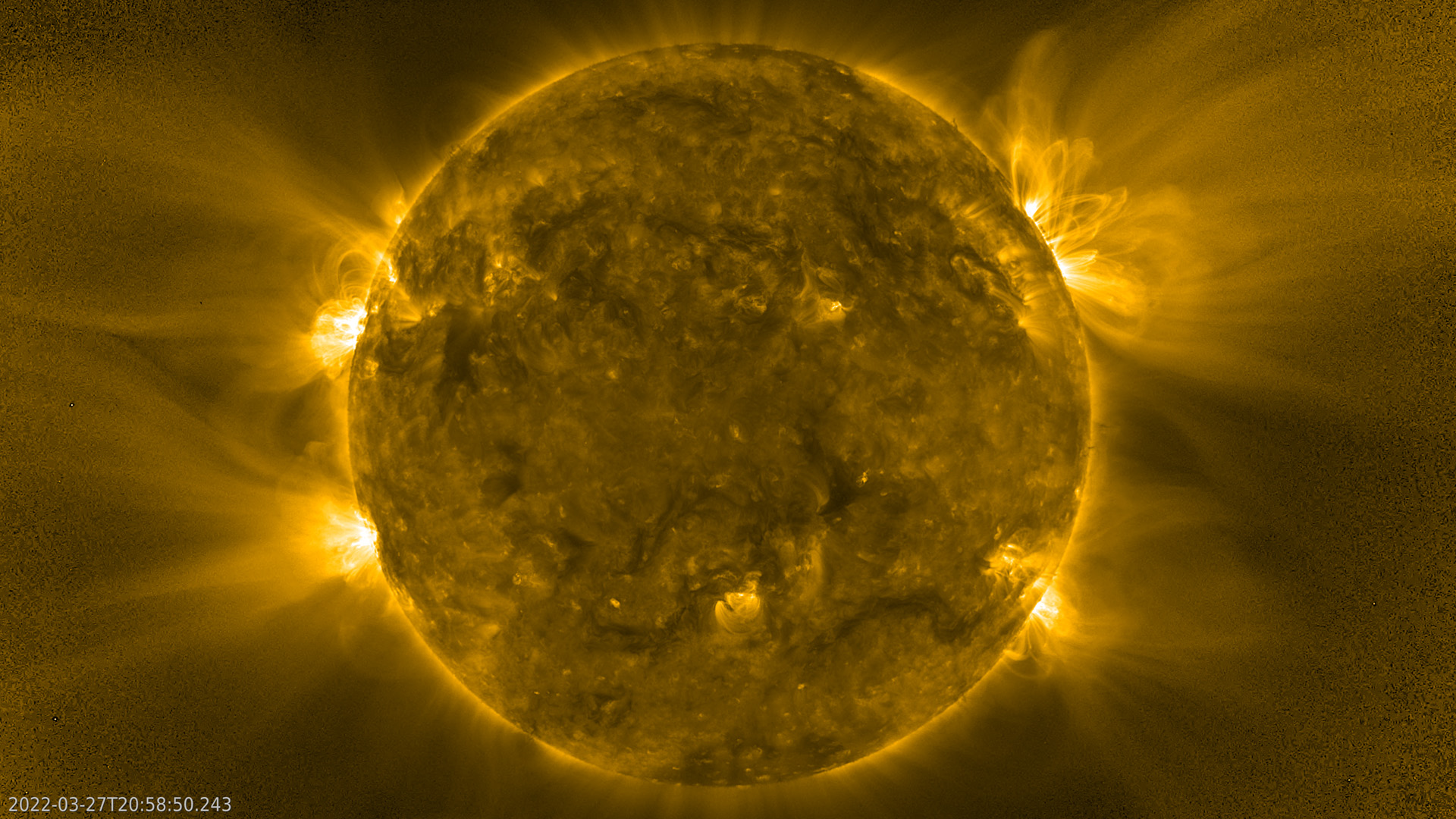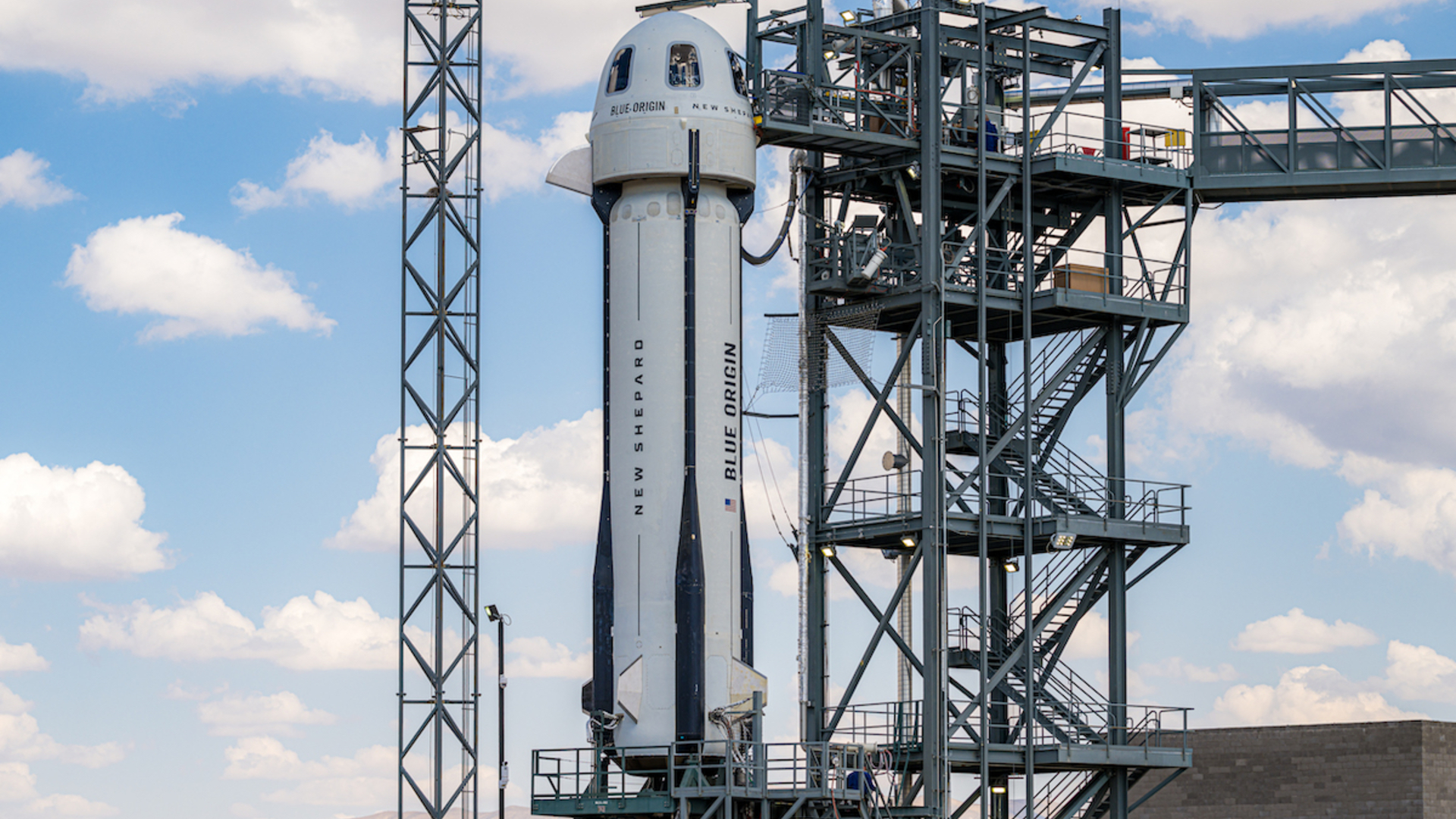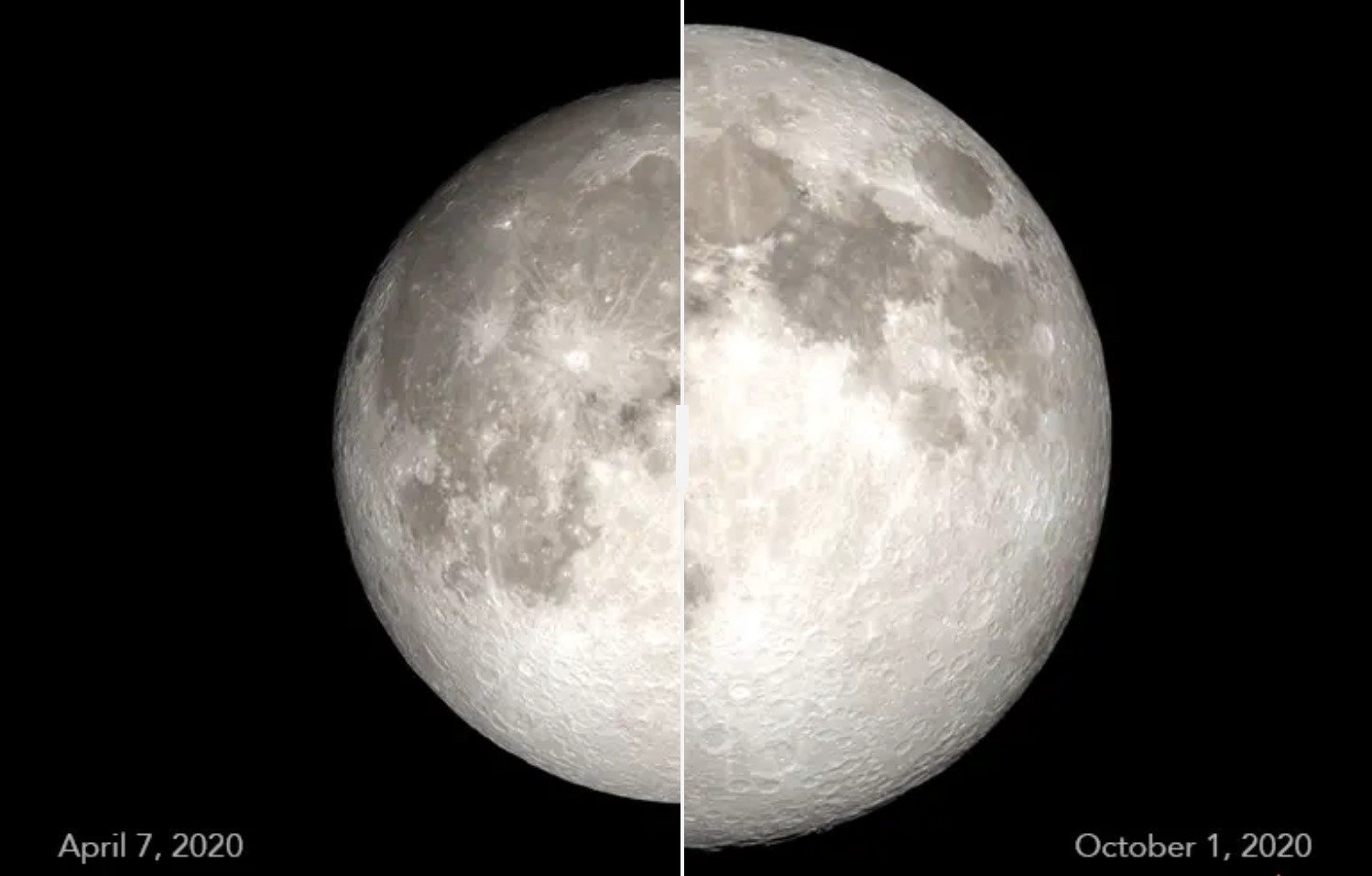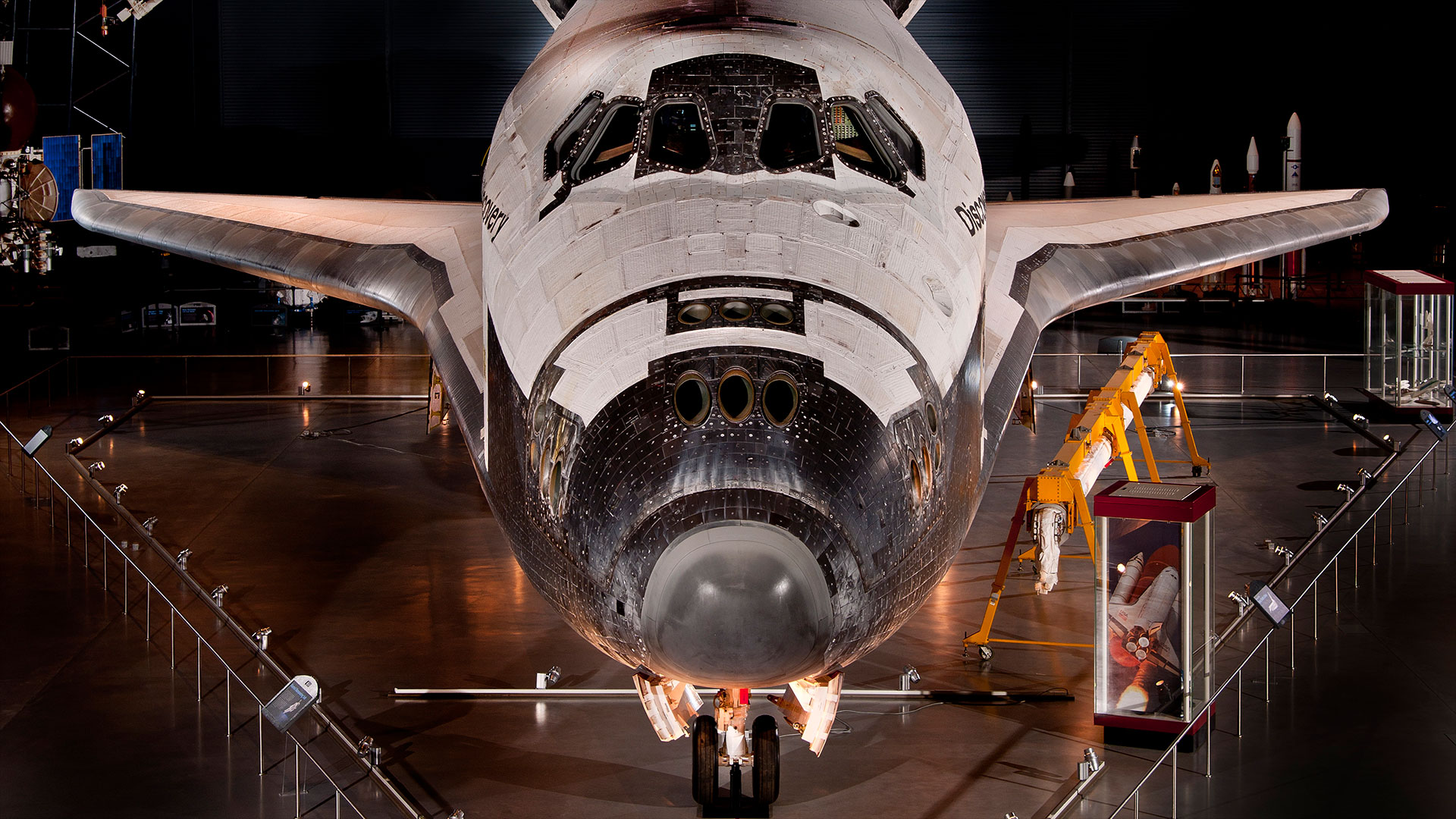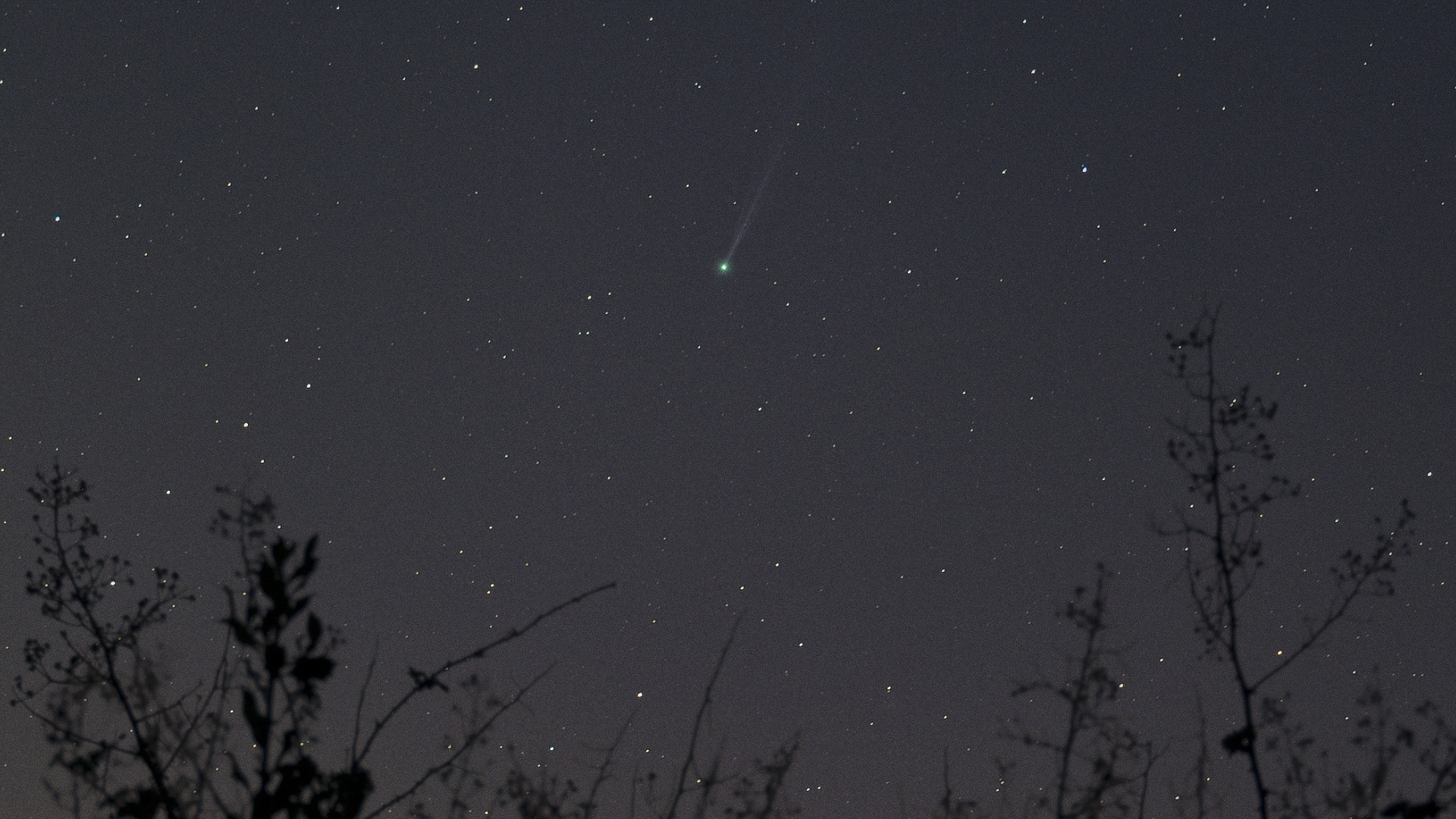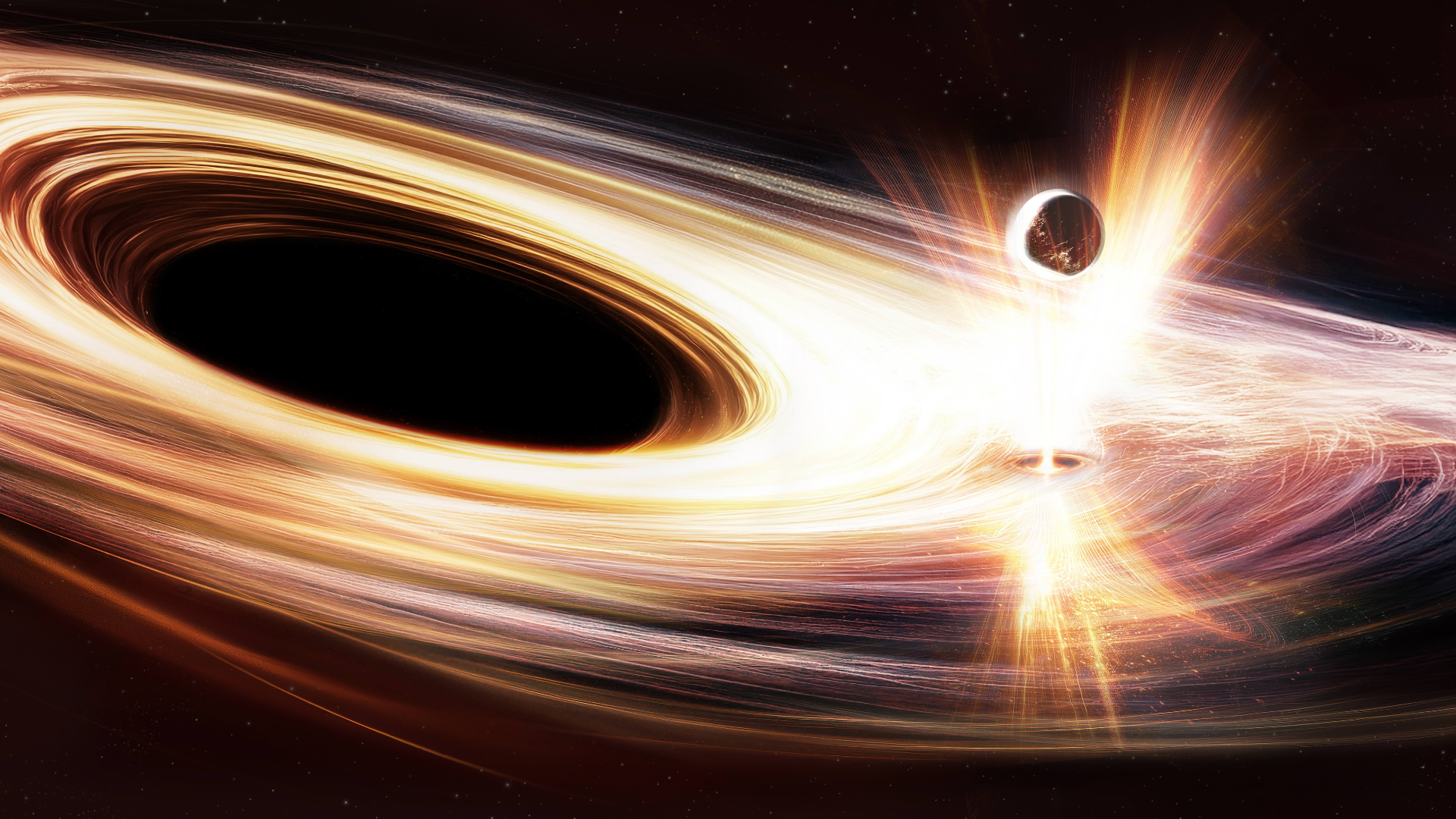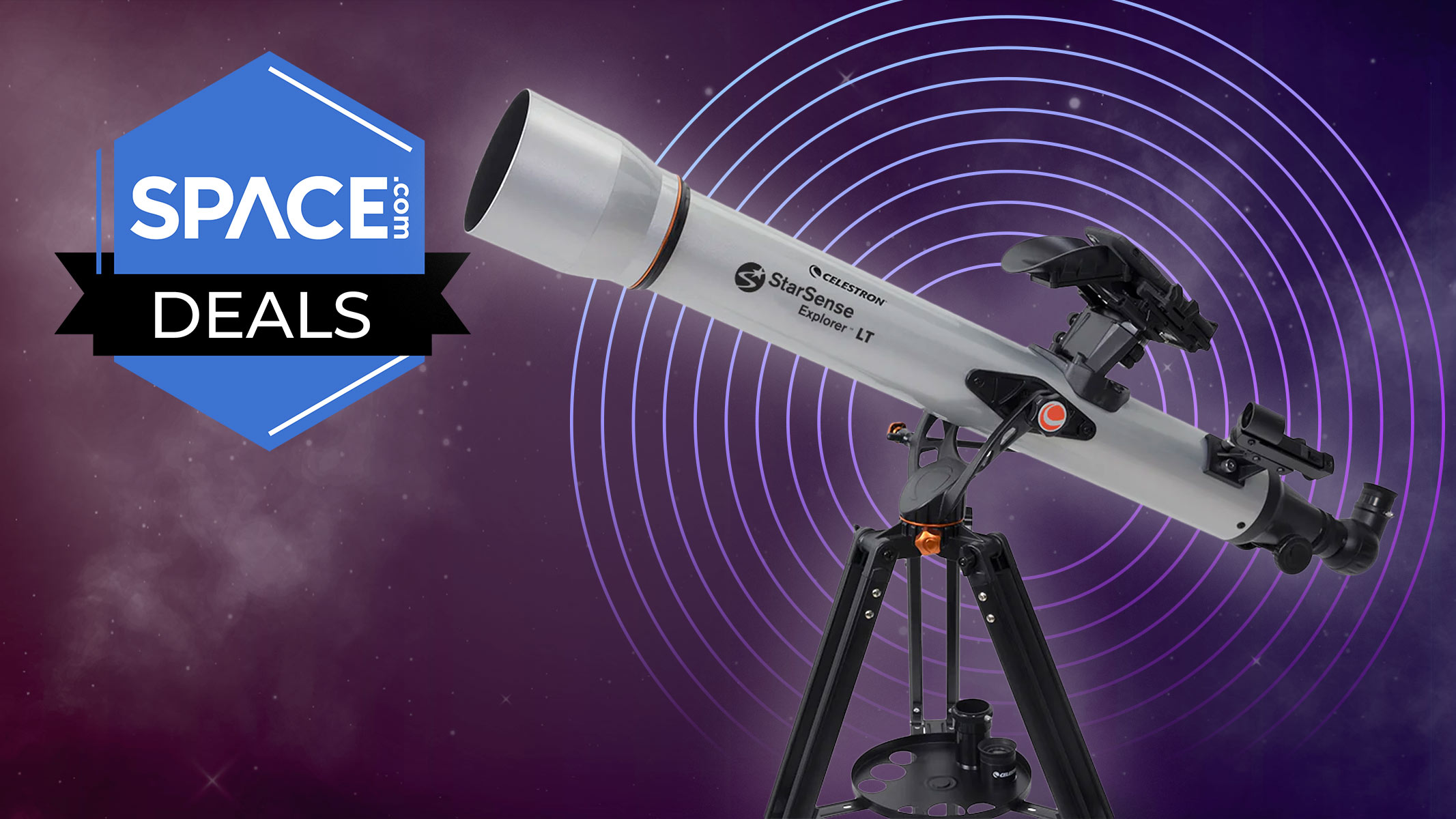China's hypersonic research to get boost from satellite startup
Galaxy Space's technology could provide connectivity for hypersonic drones and aircraft.
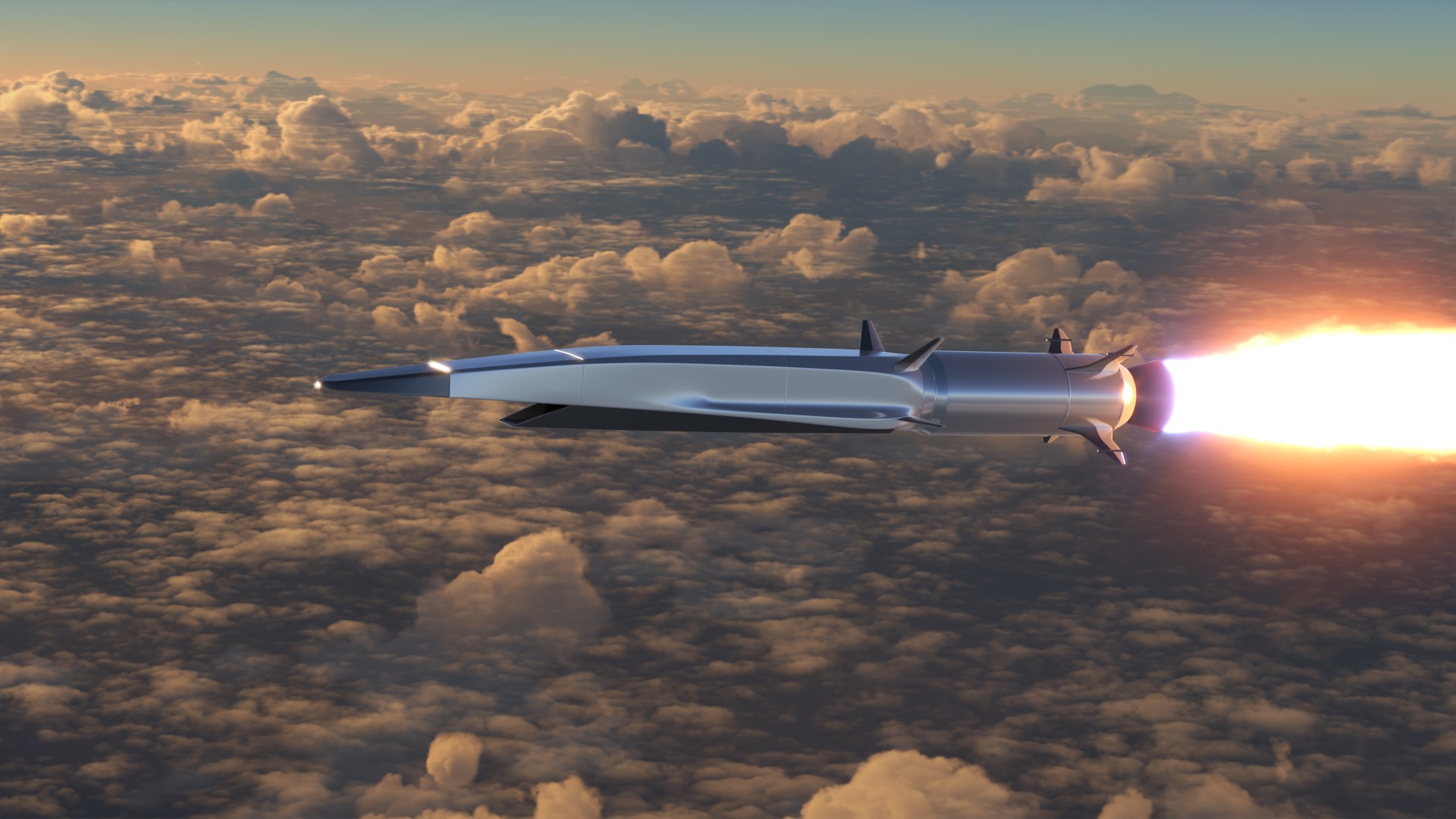
A Chinese satellite internet startup is planning to provide broadband connectivity to assist China's hypersonic vehicle program.
Beijing-based Galaxy Space was founded in 2016 with the stated goal of constructing a private broadband satellite constellation. But the company is now also looking to provide services for military applications, according to the South China Morning Post.
The firm launched six experimental satellites in March 2022 and demonstrated the ability to provide broadband connectivity to terminals on the ground.
Related: The latest news about China's space program
A later test documented in a recent journal paper notes that the company achieved continuous communication between six Galaxy Space satellites and a fast-moving terminal for about 25 minutes with no interruption in bidirectional data transmission, SCMP reported.
The results suggest that Galaxy Space's technology is capable of providing broadband connectivity to hypersonic drones or aircraft traveling at up to Mach 25, although further testing, development and verification are needed, according to the researchers. (Mach 1 is the speed of sound — about 767 mph, or 1,234 kph, at sea level. "Hypersonic" generally refers to speeds of Mach 5 or higher.)
Galaxy Space's initial dream of building its own broadband constellation has been dashed by the Chinese government's decision to construct a national, 13,000-satellite-strong constellation as its answer to constellations built by SpaceX and Oneweb.
Get the Space.com Newsletter
Breaking space news, the latest updates on rocket launches, skywatching events and more!
The firm, which has its own satellite research and development and manufacturing facilities, may however find a role within the project in the future.
In September last year, Galaxy Space secured new funding which the company says puts its valuation at $1.58 billion.
Follow us on Twitter @Spacedotcom or on Facebook.
Join our Space Forums to keep talking space on the latest missions, night sky and more! And if you have a news tip, correction or comment, let us know at: community@space.com.

Andrew is a freelance space journalist with a focus on reporting on China's rapidly growing space sector. He began writing for Space.com in 2019 and writes for SpaceNews, IEEE Spectrum, National Geographic, Sky & Telescope, New Scientist and others. Andrew first caught the space bug when, as a youngster, he saw Voyager images of other worlds in our solar system for the first time. Away from space, Andrew enjoys trail running in the forests of Finland. You can follow him on Twitter @AJ_FI.



